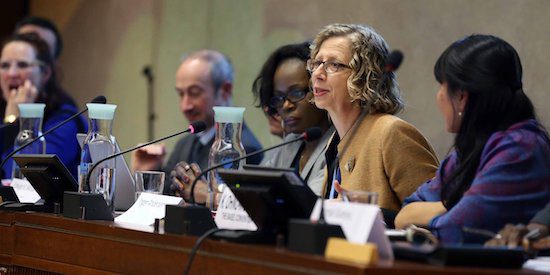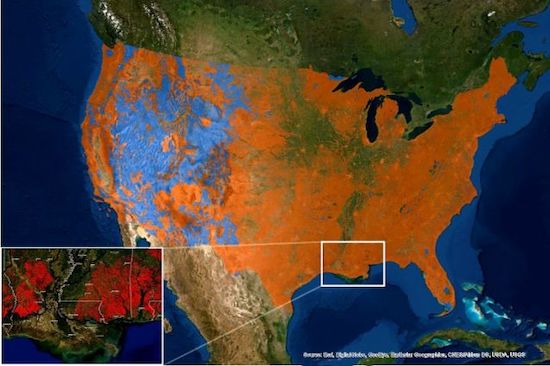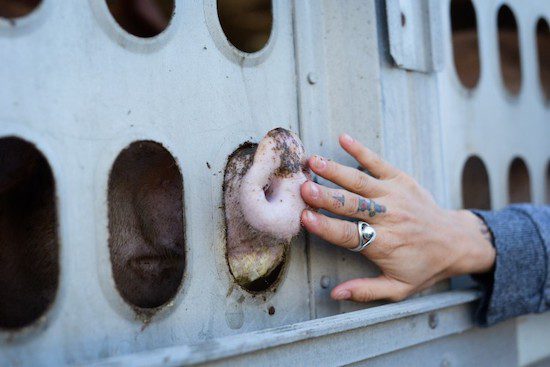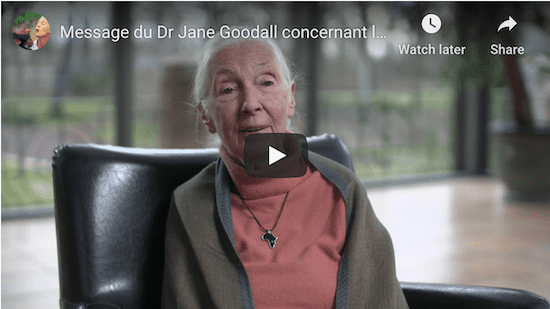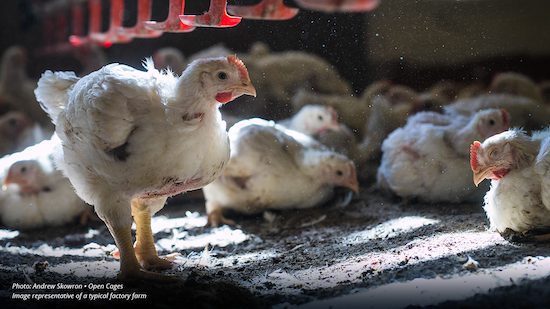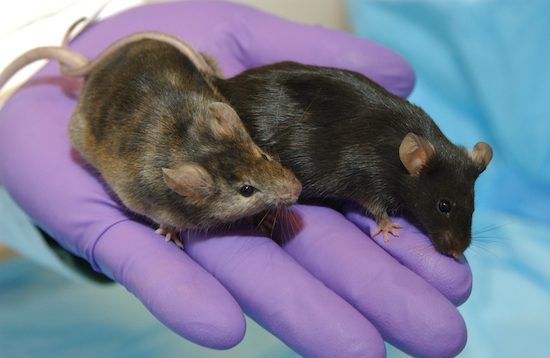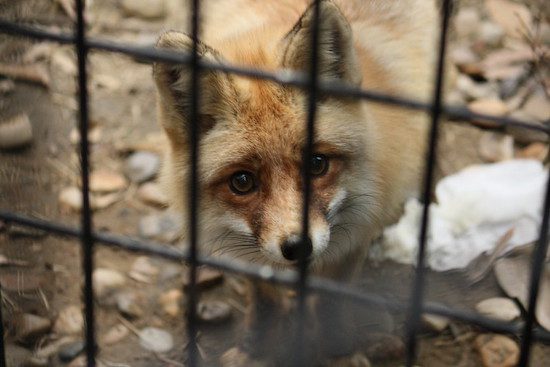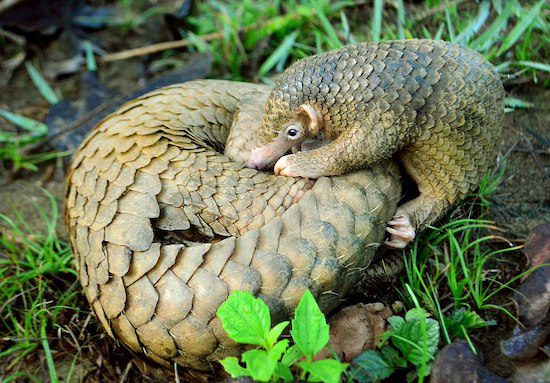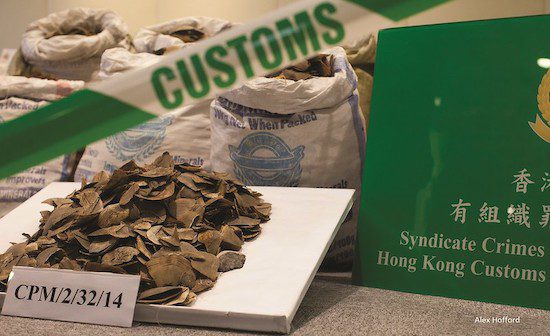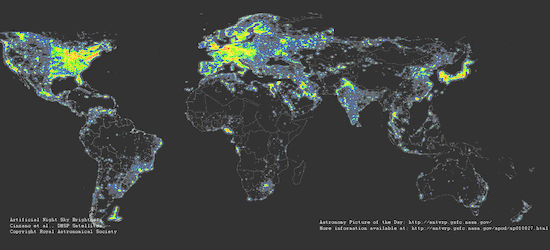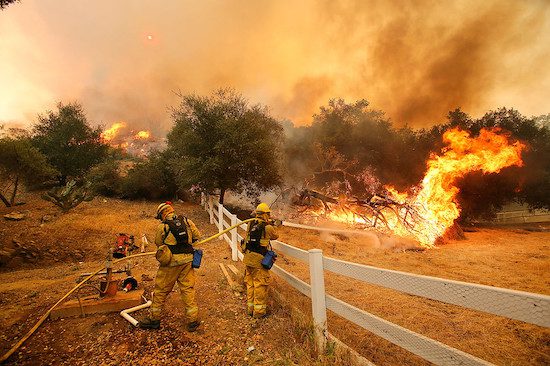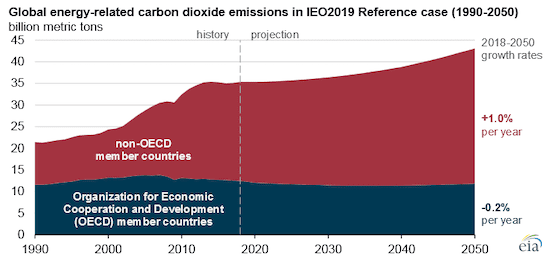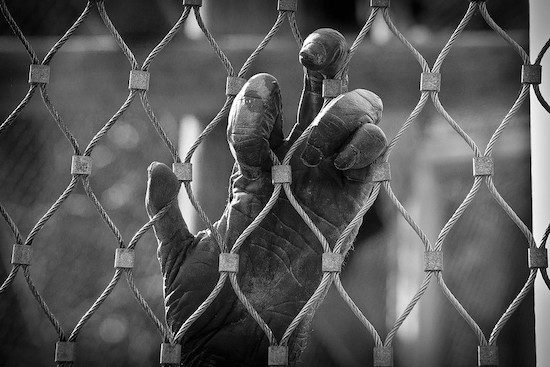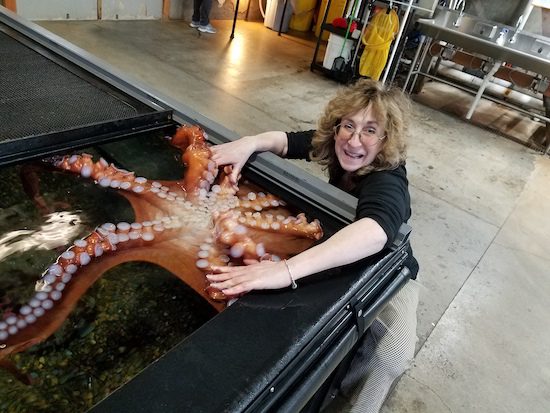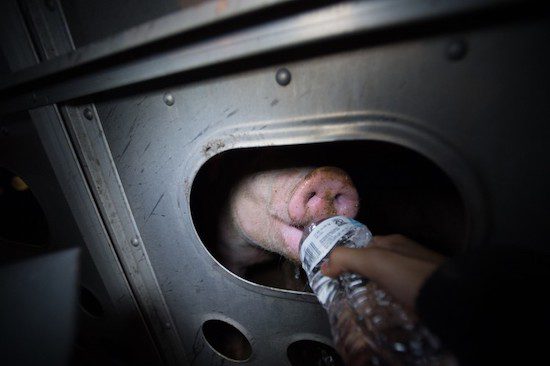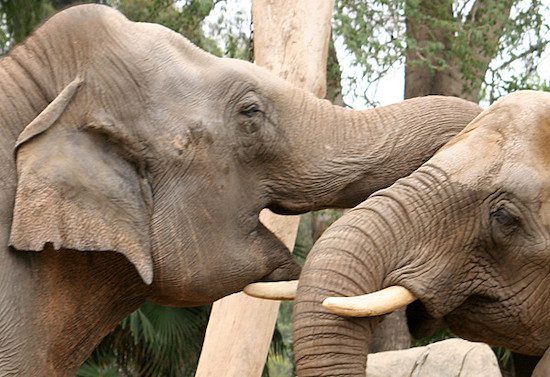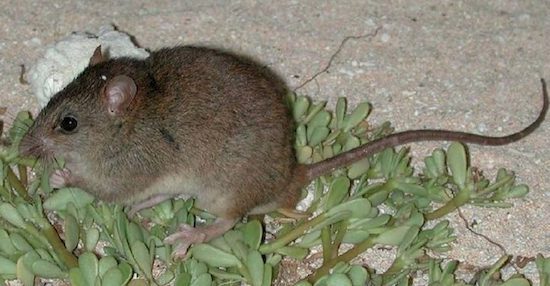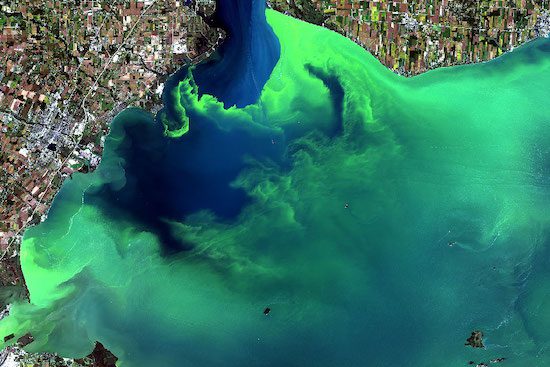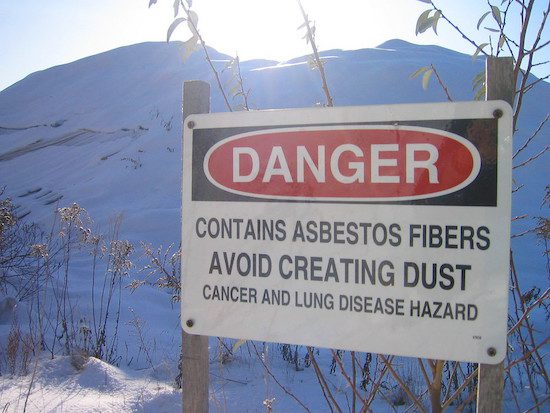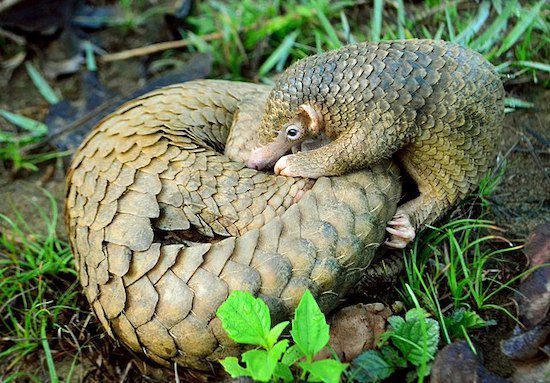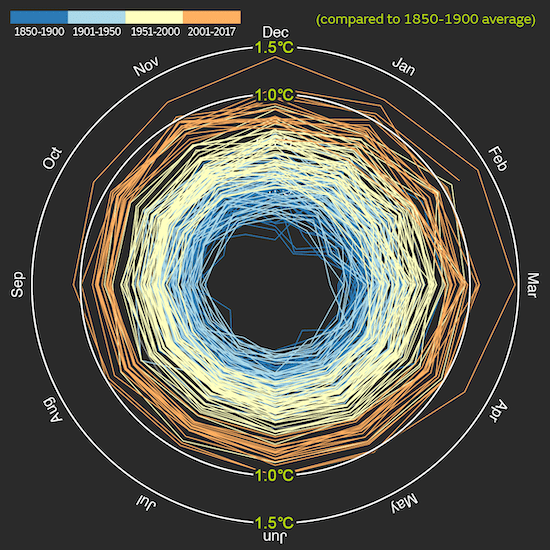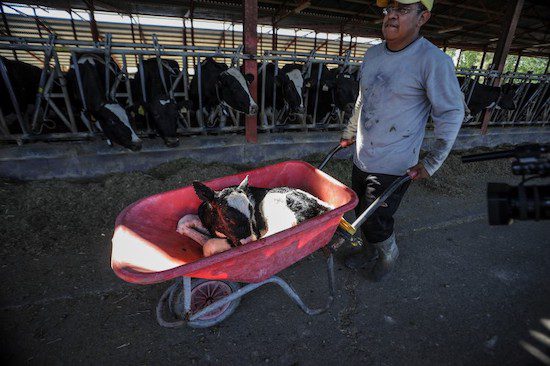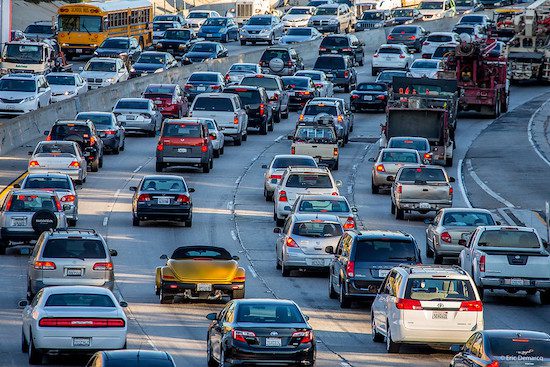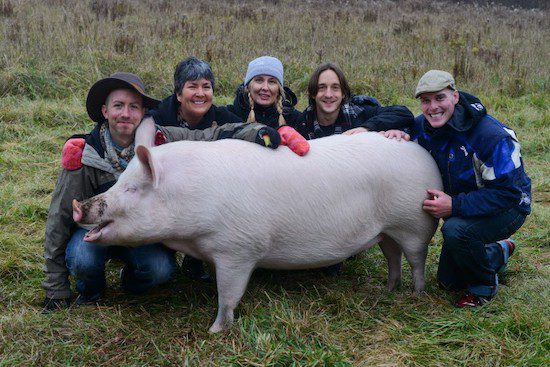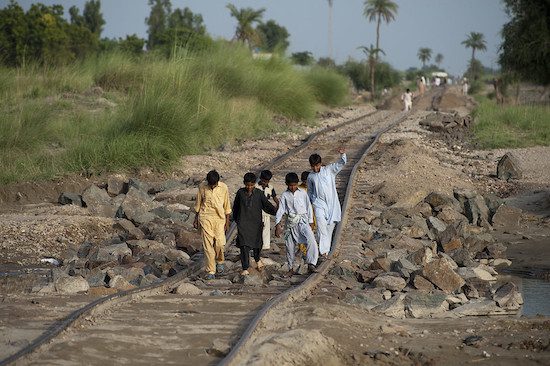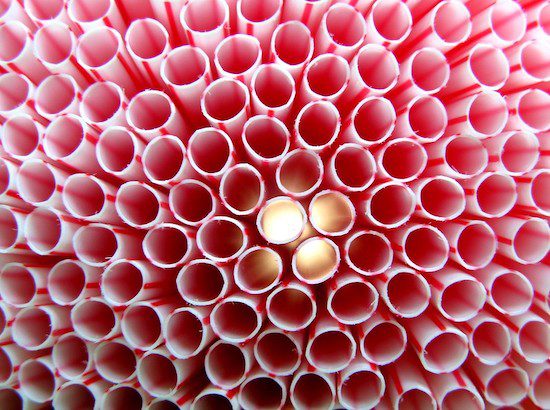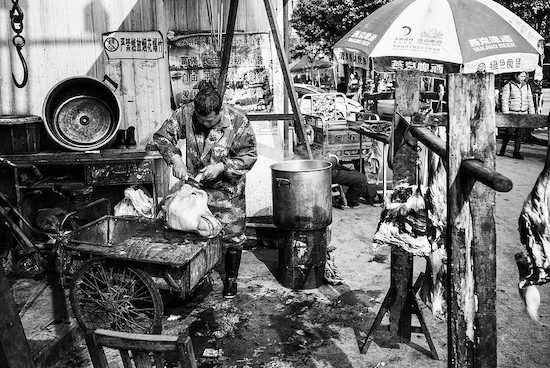


Rainforest Rescue: The outbreak of coronavirus in Wuhan, China, cast a harsh light on wildlife markets. Huanan Seafood Market, which offers an appalling variety of live and freshly slaughtered animals, is suspected to be the pandemic’s Ground Zero. In addition to seafood, the meat of 30 terrestrial animal species is available there, including koala bears, wolf pups, pangolins, civets, squirrels, pheasants, scorpions, snakes and a variety of rats. Such markets don’t just spread disease: By selling poached, endangered animals such as pangolins, the trade is driving species toward extinction. Hunting and the wildlife trade, like climate change and habitat destruction, are among the causes of a looming mass extinction, as a 2019 United Nations report warned. Up to one million animal and plant species could soon vanish forever. Some forests are already deemed “empty” in the wake of rampant hunting and poaching. In October, China will host a United Nations conference on the Convention on Biological Diversity, where representatives of nearly 200 countries will seek ways to stop the mass extinction. Now is the time to act.
>>>Urge Chinese President Xi Jinping, Acting Executive Secretary of the Convention on Biological Diversity Secretariat Elizabeth Maruma Mrema and U.N. member states to push for a worldwide ban on the wildlife trade.
League of Conservation Voters: The Trump administration has announced it would waive enforcement of almost all environmental laws. It’s supposedly due to the COVID-19 outbreak, but there’s no end date and polluting industries had requested this just days before. Right now, polluters can get away with whatever they want. Fracking operations can spill more waste into drinking water. Oil refineries can release more carcinogens. Industrial sites can emit more air pollution, harming respiratory health. We know that this will most impact the air, drinking water and neighborhoods of communities of color and low-wealth communities that are already disproportionately impacted by toxic pollution. This is an unprecedented attack on the health and safety of our communities at the precise moment they are reeling from the economic and health impacts of the COVID-19 outbreak. The consequences will be devastating and will put communities on the frontlines of systemic racism and environmental injustice at an even greater risk.
>>>Urge Congress to restore EPA enforcement immediately.
Fauna & Flora International: The Earth’s oceans look after all living things, every day, in every way. They create the oxygen that supports life, power our cities, swallow our sewage and give rise to the rain that grows the plants that all animals, including us, need to survive. And yet, the marine ecosystem is fragile. From continent-sized currents to chemical cycling by microscopic life, the oceans are fueled by a delicate dance that’s been perfected over eons. Now humans are about to introduce a new threat: deep-sea mining. This new mining method will allow corporations to rip minerals out of the seabed, clawing deep into the crust and releasing all manner of long-buried substances. These are then discharged into that delicate dance with all the finesse of a bull in a china shop. In July, meetings will be held to discuss whether to allow it, with a great many influential parties pushing for a quick approval. If it goes ahead, the effects will be calamitous. It will create sediment swarms large enough to smother entire ecosystems. It will smash the biological pump that sustains the planet’s climate. It will unlock ancient sulfur deposits, potentially leading to runaway ocean acidification.
>>>Demand that global governments place a moratorium on all deep-sea mining.
Cause for concern…
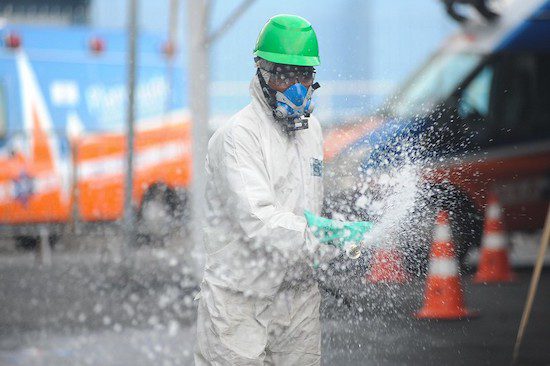
“A first lesson we are drawing from the COVID-19 pandemic and how it relates to climate change is that well-resourced, equitable health systems with a strong and supported health workforce are essential to protect us from health security threats, including climate change,” writes Arthur Wyns, a climate change researcher at the World Health Organization. “The austerity measures that have strained many national health systems over the past decade will have to be reversed if economies and societies are to be resilient and prosperous in an age of change.”
- How climate change and coronavirus are linked (Arthurs Wyns, Weforum)
- Using the global pandemic, EPA indefinitely suspends environmental protection laws (Amanda Mills, NationofChange)
- Hungry and in chains, Thailand’s tourist elephants face crisis amidst coronavirus pandemic (AFP)
- Wildlife rescue centers struggle to treat endangered species during COVID-19 outbreak (Gloria Dickie, The Guardian)
- China has approved use of cruel bear bile to treat coronavirus patients (AFP via France 24)
- Amazon rainforest could be gone within a lifetime (Jasper Hammill, Metro)
- Polar ice caps melting six times faster than in 1990s (Damian Carrington, The Guardian)
- Heat stress may affect more than 1.2 billion people annually by 2100 (Rutgers University)
- Air pollution linked to changes in human gut microbiome that could fuel diabetes, obesity and inflammatory bowel diseases (University of Colorado at Boulder)
- Higher CO2 levels make plants less nutritious, hurting insect populations (Ellen Welti, The Conversation)
- Tropical forests’ carbon sink is already rapidly weakening (University of Leeds)
- Impact of a second Dust Bowl would be felt worldwide (Frontiers, Phys.org)
- Months after major oil spill, Bahamas could permit offshore drilling (Chris D’Angelo, HuffPost)
- Camels forced to wrestle in Turkey while spectators cheer and eat camel meat (Eliza Erskine, One Green Planet)
- 36% of vegetarians are unaware that animal products are used by the makeup industry (Loreta Jasilionyte, Animal People Forum)
Round of applause…
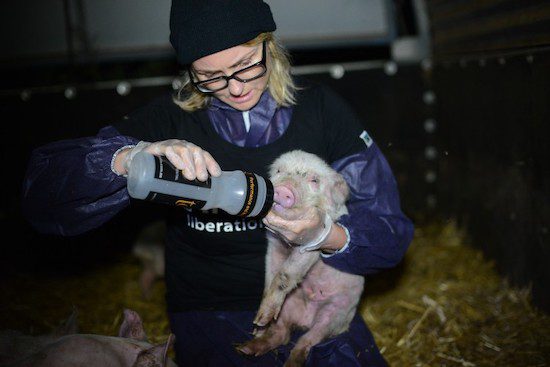
“Truth, no matter how unfortunate or unsavory, needs to be told,” says Amanda Hitt, a champion for protecting food system whistleblowers and the founder and director of the Food Integrity Campaign of the Government Accountability Project.
- Podcast: Why the animal agriculture industry needs whistleblowers (Amanda Hitt, When We Talk About Animals, Yale University)
- Bryan Adams: Humans are the most dangerous creature on earth (Anna Starostinetskaya, VegNews)
- Chinese city bans the eating of dogs and cats with historic new law in the wake of coronavirus pandemic (Billie Thomson, Daily Mail)
- A vegan diet would protect us from many diseases (Lauren Lockey, Salt Lake Tribune)
- Sales of vegan food staples skyrocket amid coronavirus crisis (Maria Chiorando, Plant Based News)
- As we strive to defeat coronavirus, animals deserve better (Maine Kropp, The Reporter)
- Coronavirus closures of Asian elephant camps offer respite to pursue reforms (Raini Hamdi, Skift)
- Coronavirus Sparks 280% surge in vegan meat sales (Audrey Enjoli, LIVEKINDLY)
- U.N. wants to protect nut-cracking chimps’ unique culture (Rob Picheta, CNN)
- Clearly, an animal isn’t an ‘it’: PETA wants change to AP Stylebook (PETA)
- Shenzhen may be the first Chinese city to ban dog and cat meat (Charlotte Pointing, LIVEKINDLY)
- The Plant Powered Women’s Network is a new membership platform aimed at helping vegan women become leaders in their field (Maria Chiorando, Plant Based News)
- Vegan powerlifter breaks weightlifting record (Alix Coe, Raise Vegan)
- The Leaping Bunny Program helps consumers identify cruelty-free brands, from cosmetics to household cleaners (Leaping Bunny)
Parting thought…
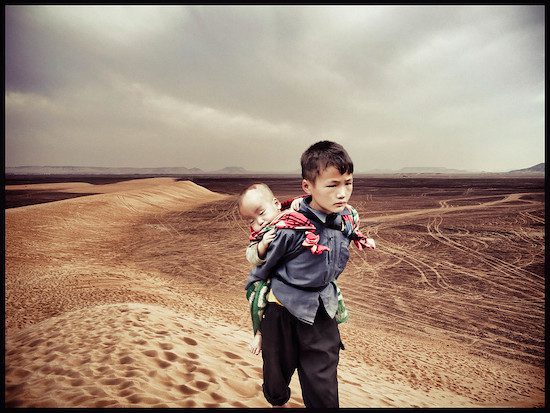
“I am glad I will not be young in a future without wilderness.” ―Aldo Leopold
Earth | Food | Life (EFL) explores the critical and often interconnected issues facing the climate/environment, food/agriculture and nature/animal rights, and champions action; specifically, how responsible citizens, voters and consumers can help put society on an ethical path of sustainability that respects the rights of all species who call this planet home. EFL emphasizes the idea that everything is connected, so every decision matters.
Click here to support the work of EFL and the Independent Media Institute.
Questions, comments, suggestions, submissions? Contact EFL editor Reynard Loki at [email protected]. Follow EFL on Twitter @EarthFoodLife.

